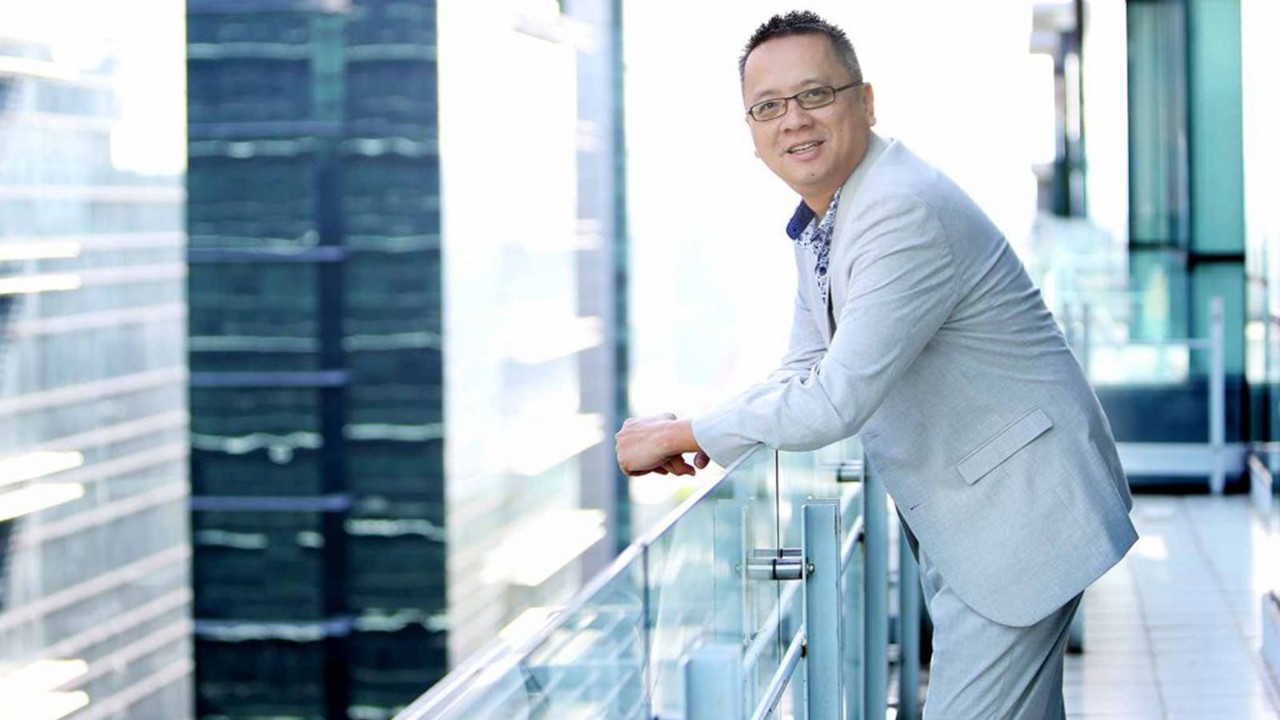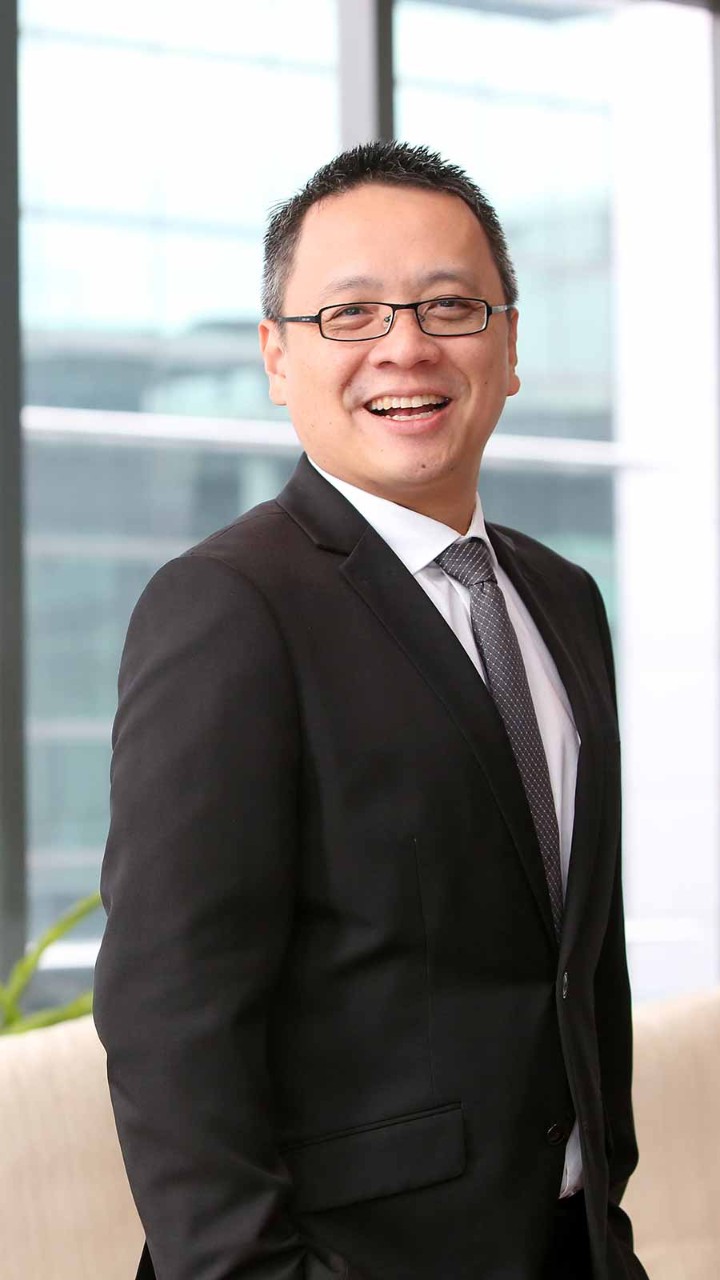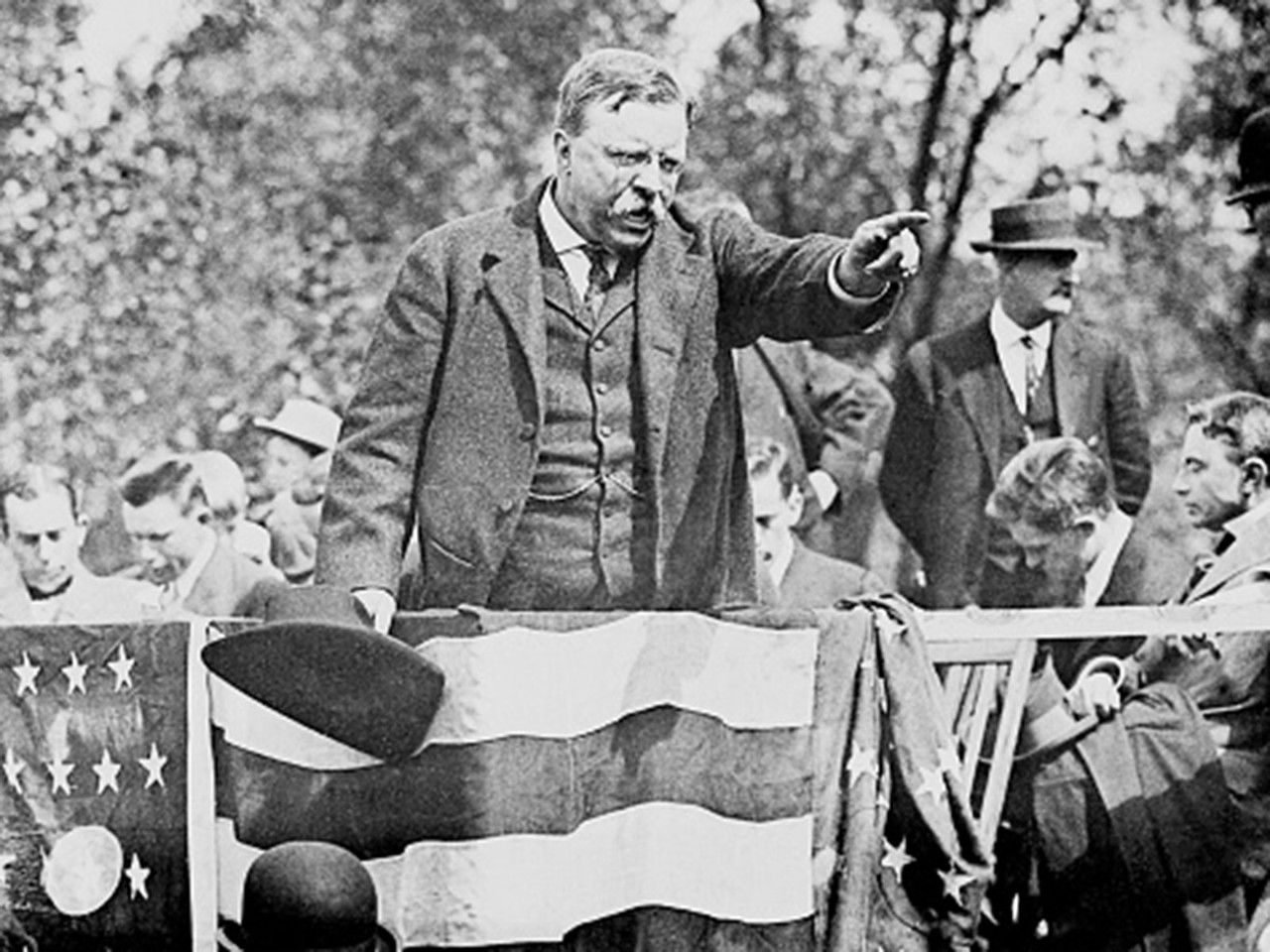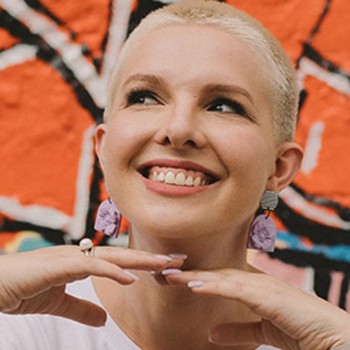
The past 18 months or so, since the onset of the Covid-19 pandemic and the imposition of movement control orders in Malaysia to stem its tide, have been challenging and stressful but also exciting for Lock Peng Kuan. The Baker Tilly Malaysia managing partner for audit and assurance says it’s been a learning experience both at the personal and organisation level.
'My main motivation is to keep everyone safe and to ensure the viability of the business, so that we can keep all jobs and maintain everyone’s salaries'
Baker Tilly Malaysia
Established in 1978, Baker Tilly Malaysia is the seventh largest accounting and business advisory firm in the country, and one of the top 10 in the world. It has 50 partners and directors, six offices across Malaysia, and an office in Phnom Penh, Cambodia, along with a workforce of over 800, of which 600 are based in Kuala Lumpur.
‘We’ve kept busy,’ Lock says. ‘Our priority has been to minimise the level of uncertainty among our people, and by that I mean ensuring their safety and the firm’s workflow. So there was no time to sit back and feel sad or confused. We’ve pushed our own personal boundaries, tried new things, adopted new technology, and from that experience realised that it is not as daunting as we thought it would be.’
Lock is no stranger to adversity, having started his career at the start of the 1997 Asian financial crisis. ‘Companies were not hiring at the time and all the major accounting firms froze their recruitments. I was fortunate enough to have found a job with an accountancy firm, GEP Associates, where the founder was very kind and allowed me to start my ACCA journey while juggling audit work.’
He worked hard, and within 18 months had passed all the ACCA examinations, qualifying in 2000. He joined Baker Tilly in 2004 and soon after became the youngest partner in the firm’s history.
Although the Asian financial crisis was a dark moment in Malaysia’s history, he believes the current situation is more challenging. ‘While both are crises, the pandemic has cost lives and livelihoods, and its impact will reverberate for many years to come.’
'Seeing people help each other out… there’s this spreading of kindness and compassion that I hope will prevail post-pandemic'
CV
Dato’ Lock Peng Kuan is managing partner, audit and assurance, at Baker Tilly Malaysia. He is an FCCA, a member of the Malaysian Institute of Accountants (MIA), a registered auditor for Malaysia, and an approved auditor in Cambodia and Thailand.
He is also a member of ACCA Council and its audit committee, and chair of the ACCA Global Forum for Audit and Assurance. He is acting chair of Baker Tilly International’s professional standards committee, and an interviewer for audit licence approval in Malaysia.

On a personal level as well, there are stark differences between the two periods. ‘During the Asian financial crisis, I was just a young man starting out; my decisions affected my own personal future. Fast-forward to this pandemic, I am now managing the entire audit and assurance division of a very large firm. My decisions now impact the future of hundreds of people and their families. They are my family at work, so my main motivation is to keep everyone safe and to ensure the viability of the business, so that we can keep all jobs and maintain everyone’s salaries.’
Early investments
Like most organisations in the country, the firm faced the challenge of how to continue operating during the lockdown periods as well as meet its statutory obligations. ‘We’ve encouraged our clients to jump on board the technology bandwagon,‘ Lock says. ‘We recently invested in web-based analytics and practice management software with a cloud-based collaboration module that our clients can use to ease the information flow instead of relying solely on emails and other general document exchange tools.
‘We were also very fortunate to have invested heavily in technology and automation, which allowed us to transition seamlessly to a work-from-home arrangement for all our people. All that was left for us to do was to get used to a new way of working and communicating with each other.’ Almost every aspect of the firm’s operations now runs like clockwork, he adds.
Despite the challenges, the firm admitted three new partners in 2020 and another in 2021, and plans to add a further two by year-end. In 2020, the firm was also the reporting accountant for more Bursa Malaysia initial public offerings than any other firm. ‘Last year we completed six of the 19 listings on Bursa Malaysia,’ he says, ‘and this year we have completed two so far, with more in the pipeline. Our level of work for the IPO market is at an all-time high.’
Lock attributes the firm’s success to having laid the groundwork in IPO reporting. ‘We see the capital market as a driving force for the growth of the firm. We have a separate team of 40 people working on IPO reporting, and that strategy has paid off in these past two years.’
Leadership traits
Being agile and adaptable is pivotal in managing the organisation and its people during this time, Lock says. ‘The situation keeps changing and this has added a lot of pressure on our cashflow management, people management, process management and client management. We all need to keep adapting. In the past year, we’ve adapted our cashflow strategy – conserving cashflow, being more prudent while also planning ahead.’
Although finance professionals have the training to forecast what’s on the horizon, he thinks it’s not something that comes naturally to all. ‘It depends on seniority and experience, and having that spirit of entrepreneurship, because entrepreneurs have a stronger sense of agility and adaptability.’
For Lock, his career has fulfilled his childhood aspirations. ‘I never really knew what my father’s occupation was when I was a young boy, but my school report card stated he was a businessman, so I aspired to be a businessman, not knowing what it really meant. Running the practice like a business concern, as well as the networking opportunities, meeting people and making new connections whether through work or my ACCA activities, turns out to be exactly what I aspired to be when I was a young boy!’
'Now that we’ve had a taste of how parts of our practice can work remotely, and how this has led to efficiencies in some areas, I believe that the workplace is set to change’
The pandemic has had its surprises. ‘I thought I was a rather stoic person but lately I’ve found myself being quite emotional. Seeing people help each other out, our clients putting a priority on our payments… there’s this spreading of kindness and compassion that I hope will prevail post-pandemic.’
Reimagining the future
He adds that the pandemic has given the firm a chance to ‘rethink and reimagine’ the way it operates. ‘In a firm like ours, we are talent-heavy, and the traditional model is to invest in a great office space so that our people can work comfortably in the office. Now that we’ve had a taste of how parts of our practice can work remotely, and how this has led to efficiencies in some areas, I believe that the workplace is set to change.’
However, he doesn’t believe that 100% remote working is the way to go. ‘Face-to-face contact also has a lot of benefits which cannot be discarded just because we are now able to work remotely. In the end, it’s about innovating and finding that sweet spot between working from home and the office.
‘We are in an industry where the competition for talent is stiff. What the workplace will be like after the pandemic will likely be a big factor influencing where the best minds want to work and build their career. We have an agility workspace project exploring and considering the different possibilities of what the future workspace could look like for our people post-pandemic, taking into consideration the expectations and characteristics of the future generation – the Gen Z that will be the main driver of the future workforce.’
Whatever shape the new working environment takes, Lock says it will ultimately be guided by the firm’s philosophy of being the best place to work for its people. ‘It’s a philosophy from the founders, who recognised that while people need to earn a living they also need to feel at home. It’s not unlike ACCA’s purpose, which is to provide opportunity to anyone of ability.’



